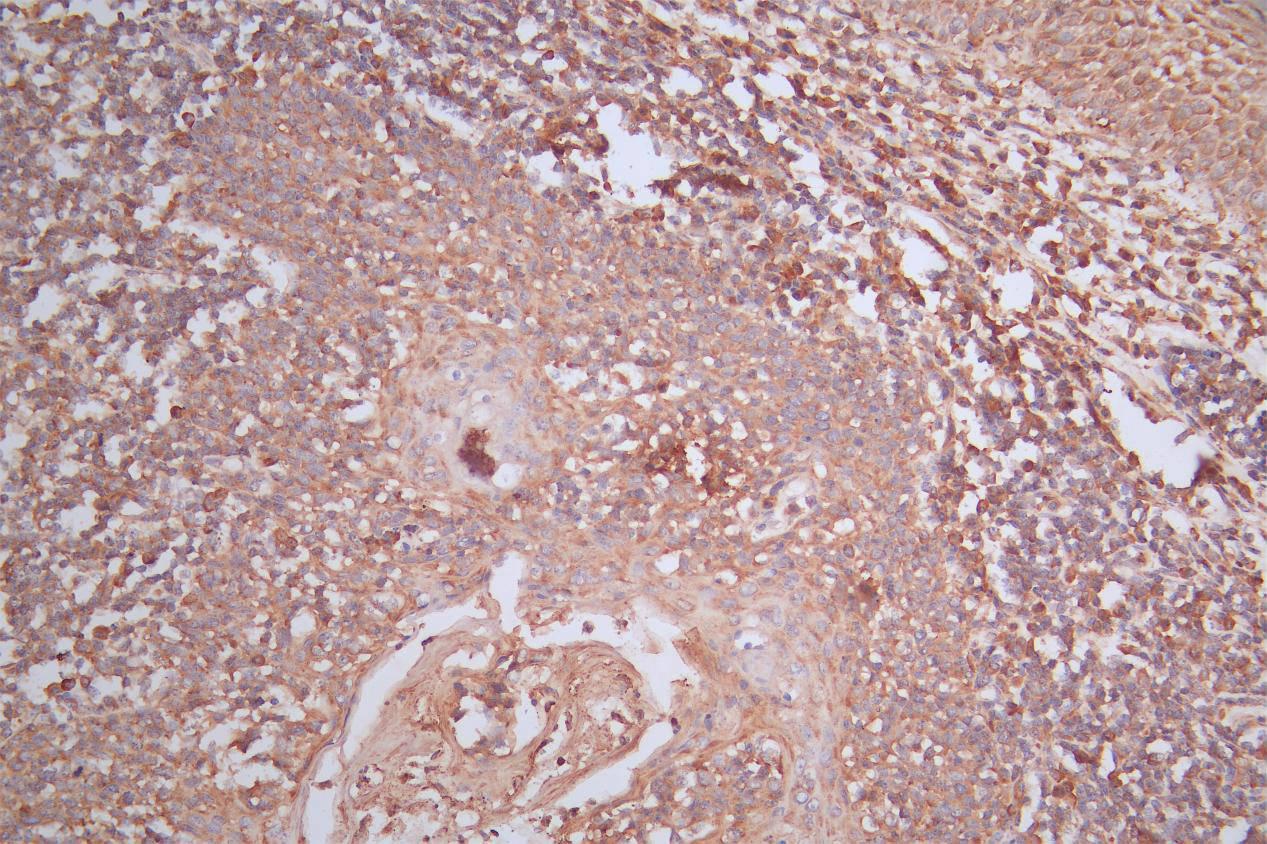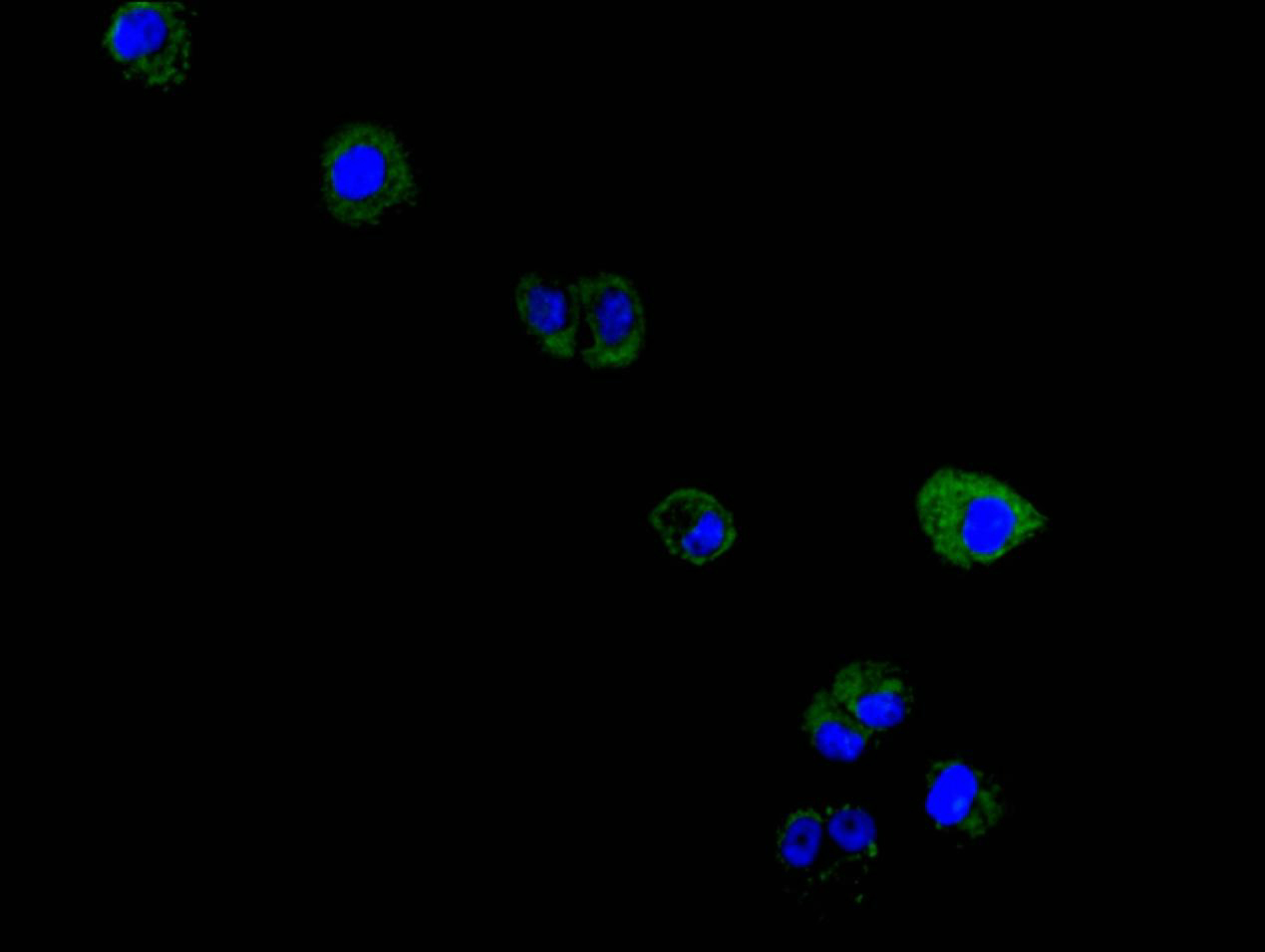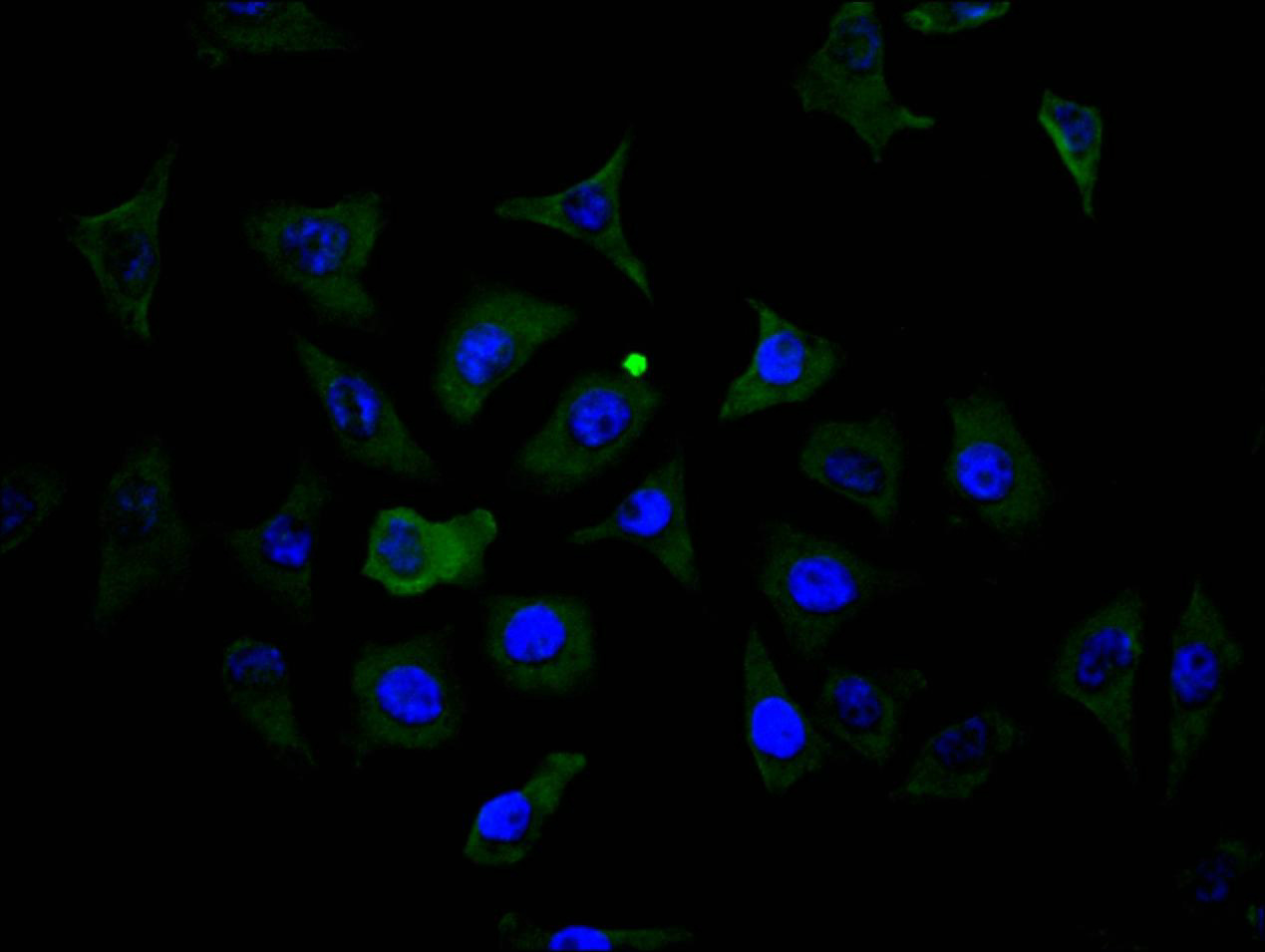The process for generating the MS4A1 recombinant monoclonal antibody involves obtaining the MS4A1 antibody genes, introducing these genes into suitable host cells, and utilizing a cellular expression and translation system to synthesize the MS4A1 antibodies. This method offers significant advantages, including enhanced purity and stability of the resulting MS4A1 recombinant monoclonal antibodies, as well as improved antibody affinity and specificity. The MS4A1 recombinant monoclonal antibody is subjected to purification using affinity chromatography and undergoes thorough testing through ELISA, IHC, and IF assays. It is noteworthy that this antibody exclusively targets the human MS4A1 protein.
The main role of the MS4A1 protein (CD20) is to serve as a cell surface marker on B cells, where it contributes to B cell activation and is a key target for therapeutic interventions in B cell-related diseases and autoimmune conditions.








